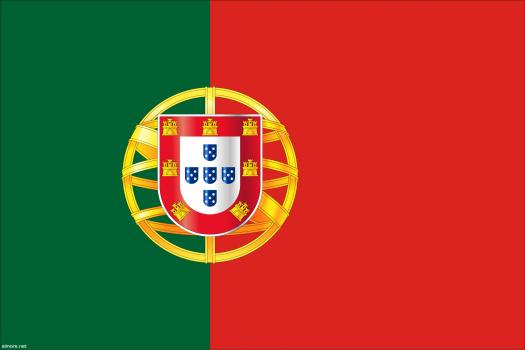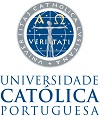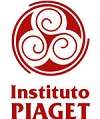
Master 3D modeling for film and video games in under 2 years with CG Spectrum. Get personalized career training online from leading 3D artists from major studios, plus career support and access to a vibrant community. Learn more.

| School | City |
|---|---|
| Universidade Lusófona de Humanidades e Tecnologias | Lisbon |
| IADE | Lisbon |
| Polytechnic Institute of Portalegre | Portalegre |
| Catholic University of Portugal | Porto |
| Instituto Piaget | Multiple |
Portugal's animation industry has experienced significant growth, evolving into a vibrant sector recognized for its creativity and technical excellence.
Historical Context
Portuguese animation dates back to the early 20th century, with pioneers like Joaquim Guerreiro contributing to its foundation. Over the decades, the industry has matured, blending traditional techniques with modern innovations.
Contemporary Landscape
As of 2024, Portugal's animation sector comprises approximately 575 businesses, reflecting a compound annual growth rate of 7.3% since 2019. This expansion underscores the industry's increasing significance within the national economy.
Notable Animation Studios
Several studios have garnered international acclaim:
International Recognition
In 2024, Portugal was the featured country at the Annecy Festival in France, one of the most prestigious events for animated cinema. This spotlight provided Portuguese studios with a platform to showcase their work to a global audience.
Educational and Cultural Initiatives
The Cinanima Animated Film Festival, held annually in Espinho, is the third oldest animation festival globally. It continues to honor the past while presenting contemporary animation, fostering both appreciation and education within the field.
Conclusion
Portugal's animation industry stands as a testament to the country's rich cultural heritage and innovative spirit. With a blend of seasoned studios and emerging talent, supported by international recognition and educational initiatives, the sector is poised for continued growth and global impact.
What are Portugal's animation college options?
Portugal offers several reputable institutions for students interested in pursuing studies in animation. Here are some notable options:

Universidade Lusófona de Humanidades e Tecnologias (Lisbon) - Bachelor's in Digital Animation: This program explores traditional animation techniques such as painting, sand, cut-outs, puppets, and stop-motion, as well as 2D and 3D digital animation. Students are encouraged to experiment with various methods to develop unique storytelling approaches.

IADE – Faculty of Design, Technology, and Communication (Lisbon) - Bachelor's in Global Animation: Taught in English, this comprehensive program focuses on 2D and 3D animation techniques, integrating subjects like drawing, illustration, character development, and digital painting. The curriculum balances theoretical knowledge with practical application, preparing students for international careers in animation.

Polytechnic Institute of Portalegre (Portalegre) - Bachelor's in Animation: This program emphasizes various animation techniques and storytelling, aiming to equip students with the skills needed for the animation industry. The curriculum includes both theoretical and practical components, fostering a comprehensive understanding of the field.

Catholic University of Portugal – School of Arts (Porto) - Animation Program: This program emphasizes the creation of animated film projects involving diverse artistic techniques and practices, such as 3D modeling, lighting, texturing, and visual effects that integrate real and 3D images. It aims to develop students' skills in character study, narrative development, and various animation methodologies.

Instituto Piaget (Multiple Campuses) - Bachelor's in Sociocultural Animation: Offered across various campuses, this program focuses on the application of animation in sociocultural contexts. It combines elements of social sciences and animation to prepare students for roles that involve community engagement and cultural development.
Prospective students should consider factors such as course content, faculty expertise, language of instruction, and campus facilities when selecting a program. Visiting official university websites and attending open days can provide valuable insights into each program's offerings.
Other Schools to Consider: